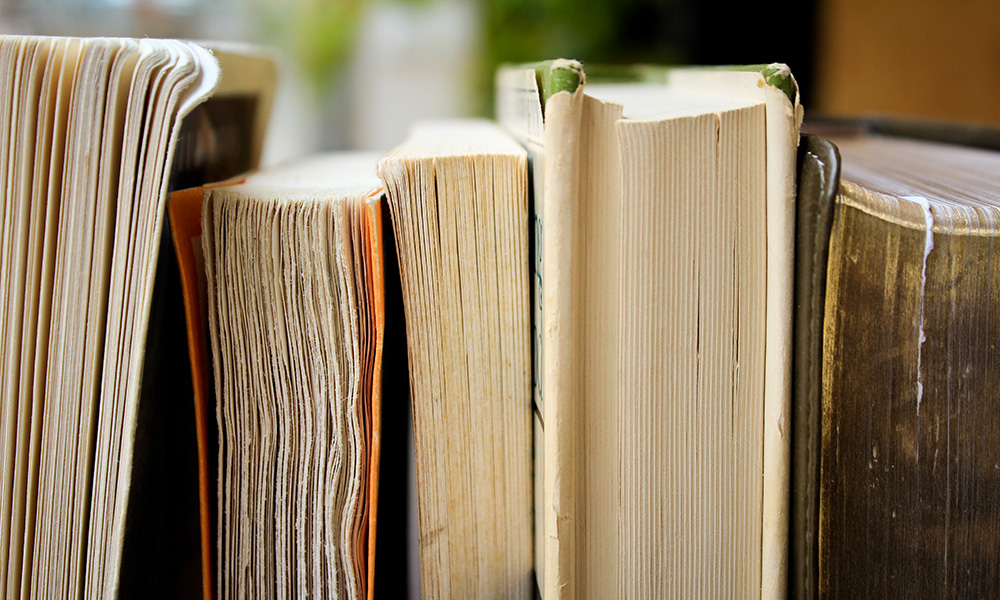OverTheMountains
Reader
Jamaica Kincaid, for instance, who was mentioned in news articles more than once in the last week before the Nobel or so, yet several people in here doubted her work was Nobel prize worthy.
I think several people in here might doubt Jamaica's worthiness to receive the award because they haven't read her work, and that many people in here haven't read it because very few people here really prioritize reading literature written by either black authors or women authors, let alone black women authors. Based on what I have read of her work, a few novels, I would say that in her best moments it is of a very high quality and it wouldn't be out of place being recognized by the Nobel. She is an exceptional storyteller and prose writer. I also wouldn't suggest that most of her writing is terribly "woke". Unless we are considering something as simple as "feminism" as "woke" these days? I certainly hope not. If so, your mysogyny is showing. If it is because something as simple as telling a story about black culture makes somebody "woke", then your racism is showing. "Wokeness" has nothing to do with de-centering whiteness or patriarchy as the norm in a world wher neither of those are truly, actually, the norm.
There certainly are authors out there that you could acuse of being woke - some of whom were being promoted as future Nobel winners five to ten years ago. None of them have won the prize. None of them are named Jamaica.
But that's an aside, and better placed in a future speculations thread.
I've thought a bit about Louise's poetry over the past couple weeks. I remember reading one of her collections and quite admiring some parts of it. But I recently reviewed my reading journal, and then my review of it, and it also reminded me of her inconsistency. She can be truly exceptional in certain moments, but in some poems you I often feel it is missing an opportunity for one more edit. That said, I should go back and read more of her work now. I think that my reading preferences have shifted yet again, and I might appreciate her directness of tone and sound much more than I used to.
What I remember really impressing me about her work was her commitment to a full concept. She writes collections of poetry as though they talk to each other (not entirely unlike Anne Carson, though I think Carson is more driven by narrative and Gluck more by concepts or themes or images). She'll borrow phrases and sounds from one poem and repopulate them in another, meaning her work feels like a composition and not a collection - and I think she is remarkably successful in doing so.
A worthy winner? Sure. Why not. I put less value in the Nobel than I used to, but I still appreciate the unique frenzy and attention that it can bring to an artist. Based on what I've read, Louise could use some more attention. Learning, through this thread, that she is so poorly translated to other langauges is a clear indication that she deserves a bit more attention elsewhere.

